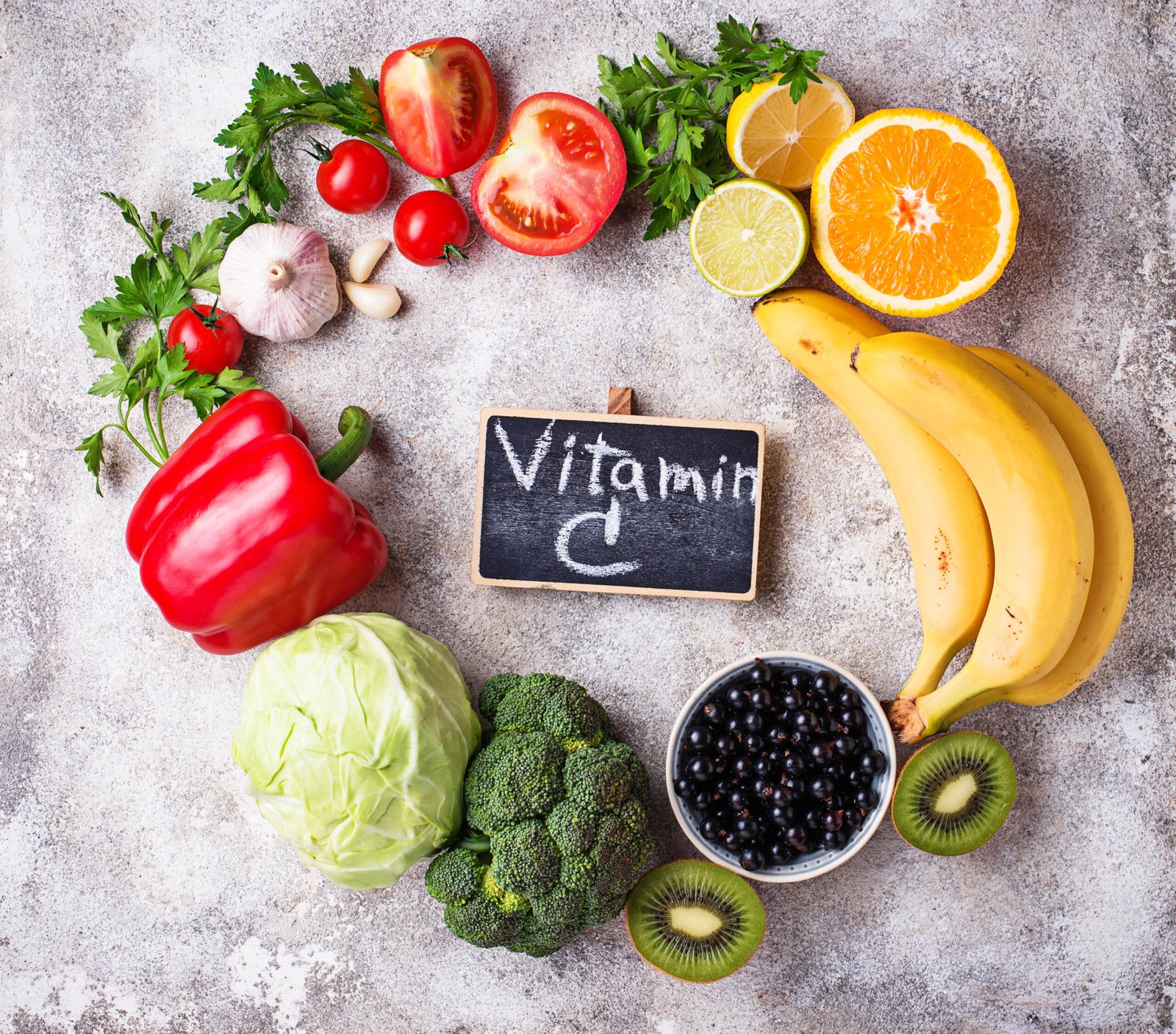
Radiant skin is something we all dream of, and luckily, there is a secret weapon hiding in plain sight – Vitamin C!
In this article, we will explore the amazing benefits of Vitamin C for achieving that coveted skin glow. So get ready to unlock your skin’s potential and embrace the magic of Vitamin C!
Vitamin C, also known as ascorbic acid, plays several important roles in the body, and one of its key functions is related to the synthesis and metabolism of hemoglobin.
Vitamin C also is involved in:
Collagen Synthesis: Vitamin C is essential for the synthesis of collagen, a protein that helps in the formation of blood vessels (capillaries) that connect to the bone marrow. This is important for the production of blood cells, including red blood cells that contain hemoglobin.
Iron Absorption: Vitamin C enhances the absorption of non-heme iron from the digestive tract. Iron is a crucial component of hemoglobin, the protein in red blood cells that binds to oxygen and transports it throughout the body. By promoting iron absorption, Vitamin C indirectly supports the synthesis and function of hemoglobin.
Conversion of Folic Acid: Vitamin C aids in the conversion of folic acid to its active form. Folic acid is vital for the maturation of red blood cells in the bone marrow. A deficiency in folic acid can lead to anemia, a condition where the blood lacks enough healthy red blood cells or hemoglobin.
Reduction of Ferric to Ferrous Iron: In the stomach, Vitamin C can reduce ferric iron (Fe^3+) to its ferrous form (Fe^2+), which is more soluble and easier to absorb. This is especially important for the incorporation of iron into the hemoglobin molecule.
Antioxidant Role: Vitamin C acts as an antioxidant, protecting cells, including red blood cells, from damage by free radicals. This can help maintain the integrity and function of hemoglobin and red blood cells.
Glow Up with Vitamin C: Discover the Secret to Radiant Skin!
When it comes to achieving radiant skin, Vitamin C is an absolute game-changer. This magical vitamin is known for its ability to brighten and even out skin tone, leaving you with a healthy and youthful glow. Whether you are battling pesky dark spots, sun damage, or dullness, Vitamin C has got your back!
Not only does Vitamin C work wonders in combating discoloration, but it also stimulates collagen production. Collagen is responsible for maintaining the elasticity and firmness of our skin. By incorporating Vitamin C into your skincare routine, you will notice a visible reduction in the appearance of fine lines and wrinkles, leading to a more youthful complexion.
Unlock Your Skin’s Potential: Embrace the Magic of Vitamin C!
Embracing the magic of Vitamin C is easier than ever with the wide range of products available on the market. From serums to moisturizers and even face masks, there is a Vitamin C-infused product for everyone. When choosing a Vitamin C product, it is essential to opt for a stable form of the vitamin, such as ascorbic acid or sodium ascorbyl phosphate, to ensure maximum effectiveness.
To unleash the full potential of Vitamin C, consistency is key. Incorporate it into your daily skincare routine by applying it in the morning before your moisturizer and sunscreen. This will not only protect your skin from harmful UV rays but also enhance the absorption of Vitamin C into your skin.
Glowing, radiant skin is within your reach, thanks to the power of Vitamin C. With its ability to brighten, even out skin tone, and stimulate collagen production, this mighty antioxidant is truly a game-changer. So, don’t wait any longer – unlock your skin’s potential and embrace the magic of Vitamin C today!
Medica Botanica created a list of 12 fruits and vegetables most reach with Vitamin C for your radiant and healty skin:
| Foods/Whole Products | Vitamin C Concentration |
|---|---|
| Guava | 228 mg per 100g |
| Blackcurrant | 200 mg per 100g |
| Red Pepper (Bell Pepper) | 190 mg per 100g |
| Kiwifruit | 93 mg per 100g |
| Strawberries | 59 mg per 100g |
| Oranges | 53 mg per 100g |
| Papaya | 60 mg per 100g |
| Broccoli | 89 mg per 100g |
| Brussels Sprouts | 85 mg per 100g |
| Pineapple | 48 mg per 100g |
| Mango | 36 mg per 100g |
| Blueberries | 10 mg per 100g |
